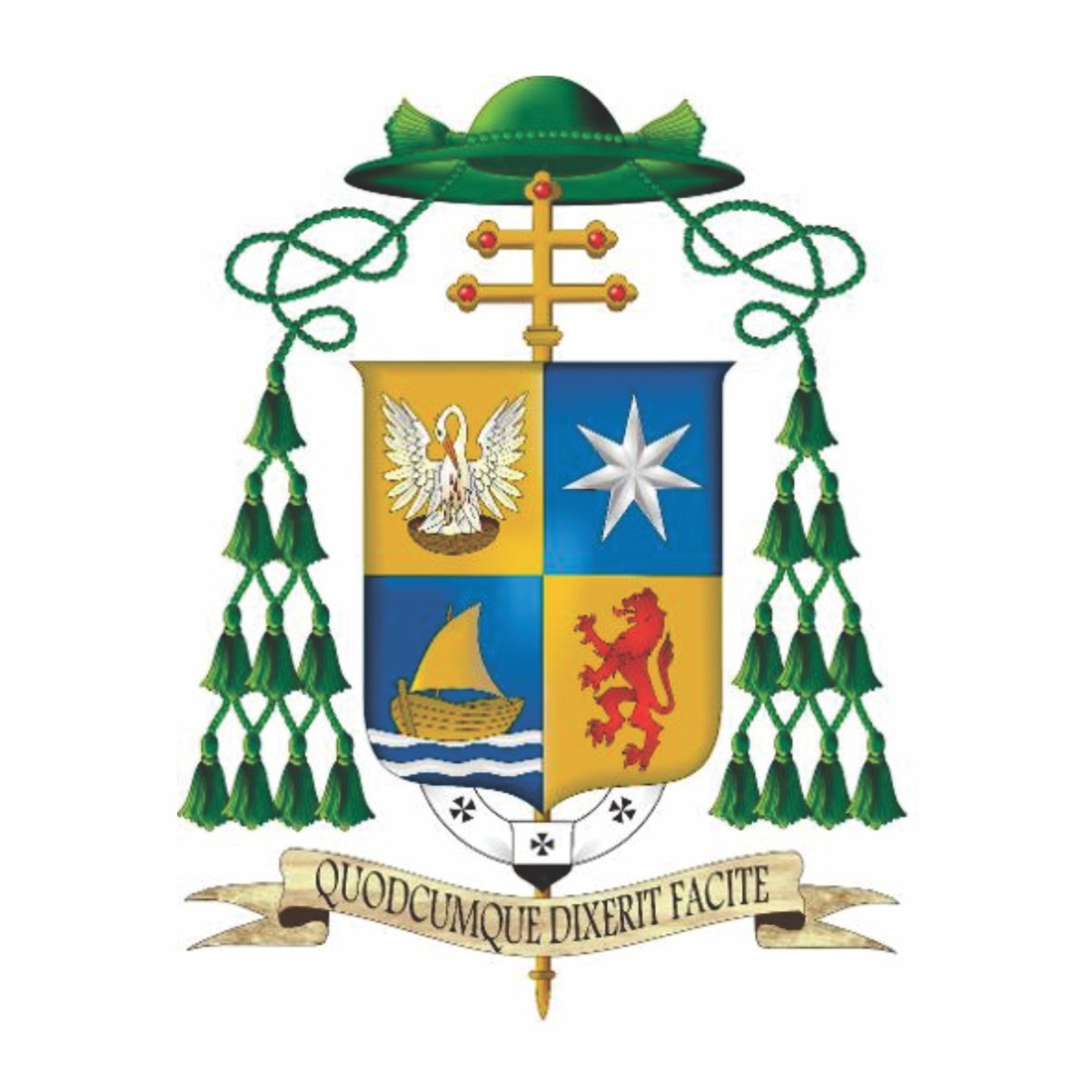
Archbishop Leo's Message for the March for Life 2024

Message for the March for Life 2024
His Grace Most Reverend Francis Leo
Metropolitan Archbishop of Toronto
9 May 2024
Dear Brothers and Sisters,
I am writing to you on the occasion of this year’s March for Life taking place on 9 May 2024 in our Nation’s Capital. The theme of this year’s march is “I will never forget you” (Is. 49:15) which speaks to the tender and loving gaze of Our Lord who seeks out the most vulnerable, the lost, the forgotten, and the abandoned.
As a community of faith, our commitment to life from conception to its natural end is primarily an act of love. As a believing community we stand firm and engaged in protecting. promoting and defending the rights of the most vulnerable in our society – truly an all-encompassing endeavour that touches the heart of what it means to be disciples of the Lord Jesus. We do this work out of love. We speak with love, walk with love, and in so doing participate in the love of God that ought to permeate every aspect of life. As an engaged community, we seek charitable and thoughtful opportunities to foster a “culture of life” and a “civilization of love” in our archdiocese and throughout our country because these “originate in the revelation of the God who ‘is love,’ (1 Jn 4:8, 16).”[1]
Whether it is abortion or euthanasia that threatens the most vulnerable, we know that the “life that we are called to promote and defend is not an abstract concept, but rather it is always manifested in a person in flesh and blood… Each human being is called by God to enjoy the fullness of life; and is entrusted to the maternal care of the Church, every threat to human dignity and life cannot but have an effect on her heart, on her maternal ‘womb’. To defend life is not an ideology for the Church. It is a reality; a human reality which involves all Christians, precisely because they are Christian and because they are human.”[2]
False compassion often sways hearts and motivates many to consider abortion and euthanasia as a “loving option,” or the only option. Nothing could be further from the truth. When we abandon the most vulnerable in our society, for example, the unborn child or the terminally ill, we do great harm to society.[3] We diminish not only ourselves, as humans and as children of the God of life and of truth, but those around us as well. Society is “diminished” because we have failed to recognize the love of God, His purpose and His plan for every human life; a life which is always precious, sacred and endowed that dignity which becomes the foundation of society’s moral fabric and vision. The personal anguish and despair that might lead someone to consider taking their life (euthanasia) or the life of another (abortion) is a powerful and gripping call to us as a community to give of ourselves in such a way as to help alleviate their pain and suffering, rectify the confusion and the lies, and to support and love them in their time of need; in short, to participate in the life-giving and transforming love of God that never forsakes and never abandons. This is the more difficult path; to some it may seem impossible, but with God nothing is impossible (Lk. 1:37).
Let us recall the life-giving teaching of our faith: human life as a gift from God is sacred and inviolable. The Catechism of the Catholic Church clearly teaches: “Since the first century the Church has affirmed the moral evil of every procured abortion. This teaching has not changed and remains unchangeable. Direct abortion, that is to say, abortion willed either as an end or a means, is gravely contrary to the moral law: You shall not kill the embryo by abortion and shall not cause the newborn to perish. God, the Lord of life, has entrusted to men the noble mission of safeguarding life, and men must carry it out in a manner worthy of themselves. Life must be protected with the utmost care from the moment of conception: abortion and infanticide are abominable crimes.”[4]
Our elected officials in office need to hear the clear voice of their constituencies, of men and women of faith. Our families need to be living the God-given Commandments of life and love at home and be an example to the children as well as the larger family circle; our schools need to teach the sacredness of human life and God’s loving plan for his children, steering away from dangerous ideologies and politicization; our hospitals and healthcare institutions need to honour the uniqueness of the person and contribute to his/her healing and wellbeing without compromise; our social care organizations need to respect the Church’s vision which comes forth from the Lord and accompany people in their brokenness and woundedness to the abundant life; our parishes need to be schools of prayer and communities of dynamic faith where God’s Word is proclaimed, a Christian worldview is embodied, the Catholic faith is taught, treasured and nurtured; where children and the unborn are welcomed as gifts from the heavenly Father, where the elderly and the terminally ill are truly cared for with attention and respect, and where hope of eternal life is fostered.
Thank you for your prayers and your efforts in protecting the unborn and those who are terminally ill; thank you for your dedication to preserving and defending the sacredness of human life at every stage; thank you for your witnessing in making our communities of faith truly life-giving, field-hospitals where God’s healing, care and compassion are experienced and where we strive to be pleasing to the Lord at all times, through Our Lady’s example and intercession.
Sincerely Yours in Jesus with Mary,
Most Rev. Francis Leo
Metropolitan Archbishop of Toronto
[1] Pope John Paul II, Gratissimam Sane, n.13.
[2] Pope Francis, General Audience on the Occasion of the 25th Anniversary of Evangelium Vitae, 25 March 2020.
